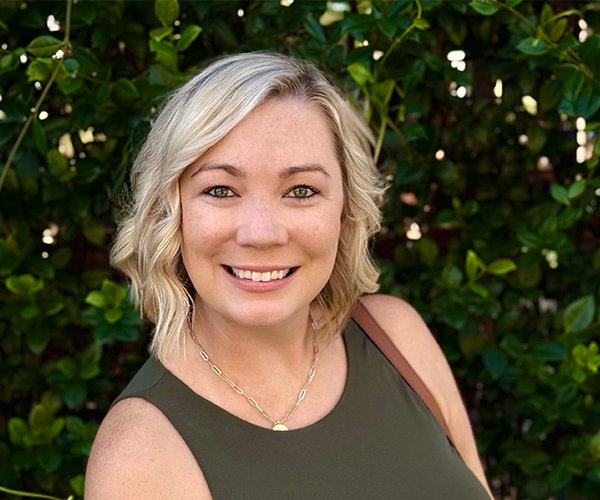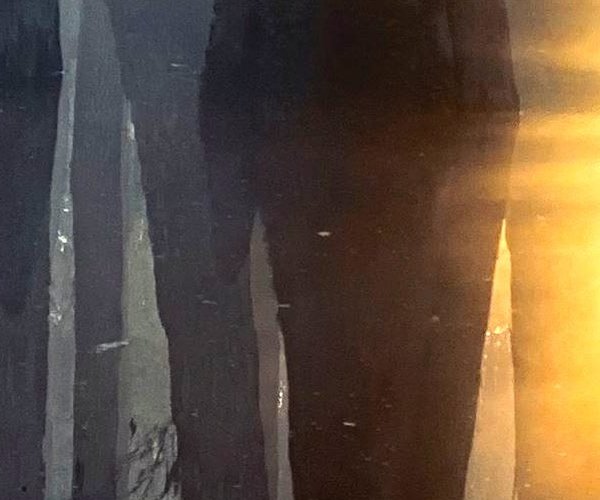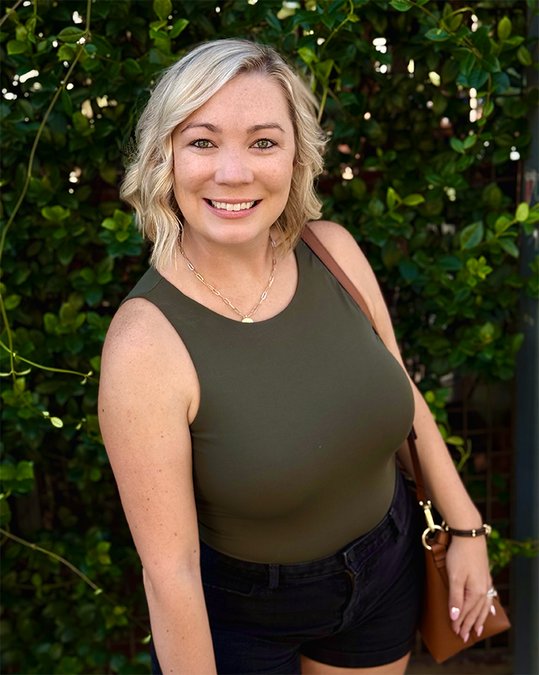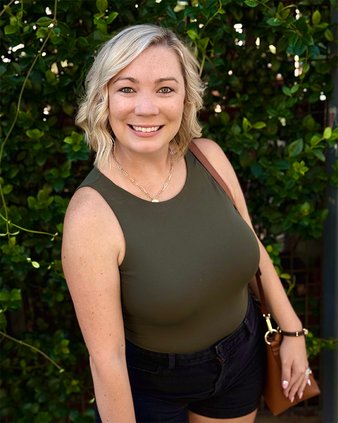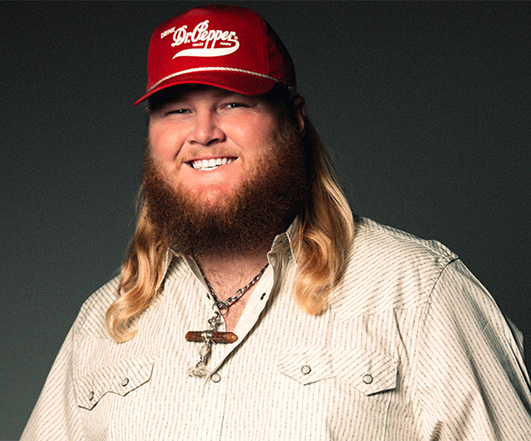A picture — even one old that has faded from black and white to soft gray — can a tell a story, long and true. That one certainly did.
It was made somewhere in the late 1920s and showed three children, ragamuffins really, who did not have the happiness that most children show in photos today. Two little girls, with chopped-off, blunt hair, were attired in simple, wrinkled, dirty, white dresses made from flour sacks, and their dirty feet were bare as they stood on the dusty, rocky ground. The little boy, blonde and round-faced, was dressed in hand-me-downs, britches several inches above his ankles and laced up, battered shoes with one of the laces missing. They looked to be two sizes too big for him.
There was a sadness in their faces, a scowl that seemed to say, “Life is grim and hard.” And I suppose it was. The kind of grim and hard that few can imagine. It was, after all, the beginning of The Great Depression and it was the Appalachian Mountains which had never known anything but depression, both great and small. Folks there were so poor that it was hard to believe they could be any poorer but in time, they were. The time came when they fought to scrounge up enough quarters to pay the taxes on the farm or find enough turnip greens or Polk Salet to feed their bellies.
The story in my daddy’s eyes told far more than I cared to know. His eyes were both angry and fearful, his frown too severe for a child so young. I know more than the photo tells. I know of the beatings he took and how he was forced to kill his dog, his only friend, because his father in a drunken stupor had commanded him to do so.
“I knew if I didn’t,” he said softly years later, his green eyes moistening, “that he’d beat me.” That was years before he left the drink behind and became a good man. Back then, he cuddled up to a pint of moonshine to forget how he could barely keep his family alive. At 13, Daddy ran away, living in barns for a while until his Uncle Oscar and Aunt Fairy opened their front door and welcomed him. They finished raising him, the only true raising that he got.
He overcame that childhood. Somewhat. But he carried scars that his children could neither see nor understand. I suppose he just prayed his way out of those memories or, at least, prayed as best he could. Some wrongs, those that can never be righted, stain the soul of a man. Even when he was grown and his father had reached down deep to find the good man that he could be by giving up drinking and becoming solid and dependable, those childhood memories surely haunted Daddy. But he held no grudge. He forgave and became close to his father.
A while back after Sunday dinner, I walked out of my sister’s house to see three boys flying by on various-sized motorcycles. They rode through the pastures, jumped hills and ditches, laughing happily as they did. In the back yard, four little girls squealed joyously as they jumped in and out of the pool. It was pure merriment.
“These children are going to look back on their childhood with such happiness,” I said to Rodney about his grandchildren.
He shrugged. “It’s no happier than our childhoods were,” he said. “They just have more toys than we did. But I was happy.”
I was, too. And, I’m ashamed to say, that until I saw that photo of a little boy who seemed to carry the weight of the world on his tiny shoulders, I had taken it for granted.
Not anymore.
Ronda Rich is the best-selling author of the forthcoming “There’s A Better Day A-Comin’.” Visit www.rondarich.com to sign up for her weekly newsletter.


